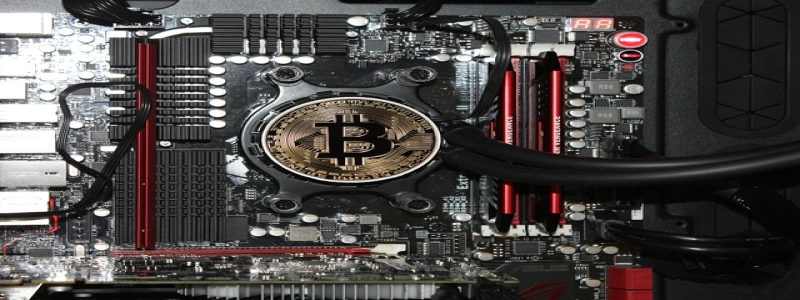Fiber Optic Cable vs Copper Cable
أنا. مقدمة
– Definition of fiber optic cable and copper cable
– Importance of communication networks in today’s society
ثانيا. Advantages of Fiber Optic Cable
– High bandwidth capacity: ability to transmit large amounts of data at high speeds
– Long-distance transmission: minimal signal loss over long distances
– Immunity to electromagnetic interference: resistance to external electromagnetic interference
– Improved signal quality: less susceptibility to noise and distortion
ثالثا. Advantages of Copper Cable
– Cost-effective: lower initial installation costs compared to fiber optic cables
– التوافق: widely used and compatible with existing infrastructure
– Flexibility: ability to be easily installed and repaired
رابعا. Comparison between Fiber Optic Cable and Copper Cable
– عرض النطاق: fiber optic cable has significantly higher bandwidth capacity
– Signal transmission: fiber optic cable transmits signals using light, while copper cables use electrical signals
– Signal loss: fiber optic cable has minimal signal loss over long distances, while copper cables experience more loss
– Transmission speed: fiber optic cable can transmit data at faster speeds compared to copper cables
– Impact of environmental factors: fiber optic cable is not affected by electromagnetic interference, while copper cables are susceptible
– Security: fiber optic cables are more secure as they are difficult to tap into
الخامس. خاتمة
– Importance of selecting the appropriate cable based on specific needs and requirements
– Fiber optic cables are ideal for high-demand, long-distance communication networks
– Copper cables are suitable for lower bandwidth applications and where cost is a significant factor.
ختاماً, the choice between fiber optic cable and copper cable depends on the specific needs and requirements of the communication network. Fiber optic cables offer advantages such as high bandwidth capacity, long-distance transmission, immunity to electromagnetic interference, and improved signal quality. On the other hand, copper cables are cost-effective, compatible with existing infrastructure, and flexible. Both types have their own unique characteristics and applications, and it is crucial to consider factors such as bandwidth, signal transmission, signal loss, transmission speed, environmental factors, and security when deciding between the two.







